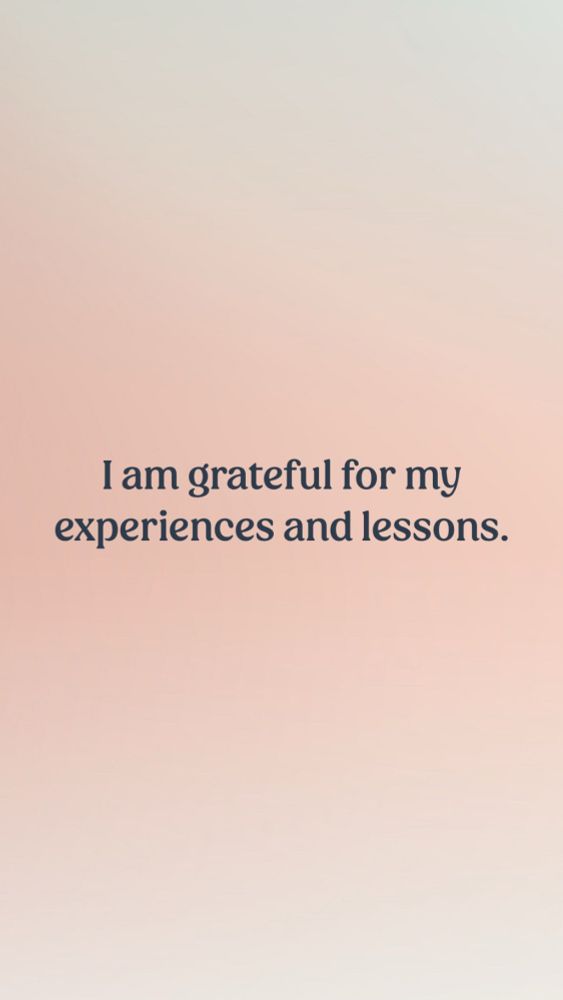Brooke Nickel
@brookenickel.bsky.social
160 followers
120 following
16 posts
NHMRC Emerging Leader Research Fellow at The University of Sydney. All things evidence-based healthcare communication and decision making, and overdiagnosis.
Posts
Media
Videos
Starter Packs
Reposted by Brooke Nickel
Reposted by Brooke Nickel
Brooke Nickel
@brookenickel.bsky.social
· May 20

Shirtloads of Science: Health Misinformation on Social Media & Overdiagnosis with Dr Brooke Nickel (428)
Dr. Brooke Nickel dives into the murky world of health misinformation on social media, exposing how overdiagnosis and unverified health claims are thriving in a mostly unregulated space. We explore th...
shirtloadsofscience.libsyn.com
Brooke Nickel
@brookenickel.bsky.social
· May 16
Reposted by Brooke Nickel
Reposted by Brooke Nickel
Brooke Nickel
@brookenickel.bsky.social
· Mar 30

The 'unhealthy' obsession with morning routine videos - ABC listen
How the rich, famous and super-healthy start their day has undeniable appeal to the rest of us. Trending social media posts are littered with influencers and celebrities sharing their morning routines...
www.abc.net.au
Reposted by Brooke Nickel
Brooke Nickel
@brookenickel.bsky.social
· Feb 27
Brooke Nickel
@brookenickel.bsky.social
· Feb 19















